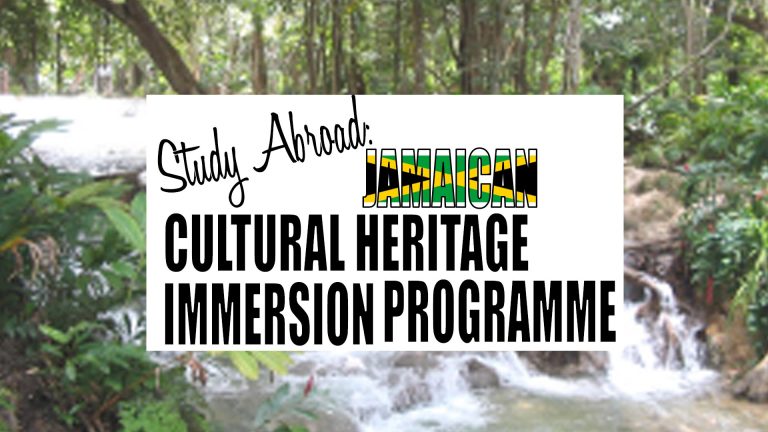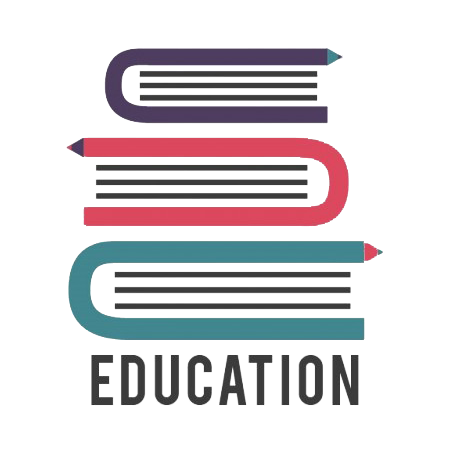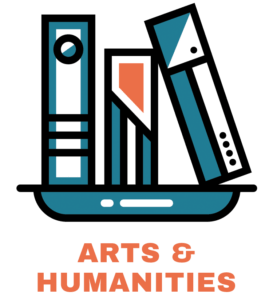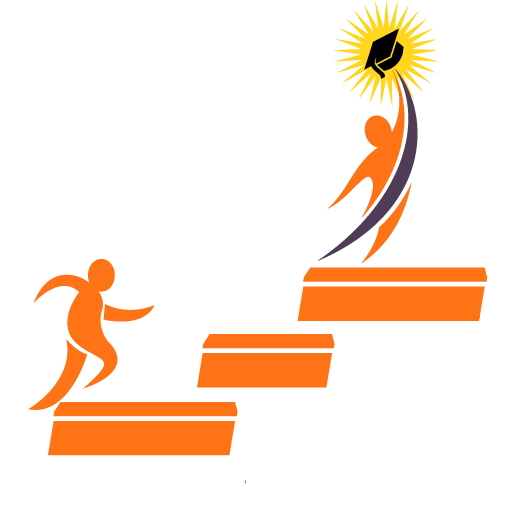Menu
Programme Information
DURATION: 120 HOURS
SEMESTER: 1, 2 or Summer Term
NO. OF CREDITS: 6
PRE-REQUISITES: Enrolment in a Tertiary Education Programme / Member of a Community Group
Rationale & Philosophy
People are always exploring and seeking new experiences. There is an intangible value which comes from finding a new place, integrating with the community, interacting with the local people, and understanding the way these people live. Rodriquez (2016) suggests that cultural immersion provides participants with the ability to see things from another point of view, so they are able to evaluate situations not as overseas students, but as local community members.
This programme embraces The Mico University College’s philosophy of student-centredness, authentic and life-long learning. It endorses the vision of the National Cultural Policy of Jamaica, which aims at a super state based upon “the unique cultural manifestations and distinctive style that can be considered to be quintessentially Jamaican” (Ministry of Education, Youth and Culture, 2008, p.4).
Jamaica’s cultural heritage gained distinction from international singers such as the Hon. Robert Nesta “Bob” Marley and Jimmy Cliff; renowned athletes like the Hon. Usain Bolt, and cricketers like Chris Gayle. The Blue and John Crow Mountains, home to the Jamaican Maroons, with retentions of the Jamaican Taino and many endemic plant and bird species, have been included in the important sites listed on The World Heritage Convention.
The Mico University College founded in 1836, and one of the oldest teacher training institution in the Western Hemisphere, is a national heritage site, not only because of its origin, but more so its Georgian buildings represent the finest Colonial architecture and its museums which include the Indian, African and Caribbean (INAFCA) Museum and The Mico Museum of Education.
Research has shown that studying abroad (SA) is more beneficial than studying locally when it is related to developing specific language skills such as oral proficiency (Freed, Segalowitz, & Dewey, 2004). Living and interacting with locals improve confidence and fluency (Collentine, 2009).
Programme Description
This programme is designed for international students at the tertiary level who would like to participate in an overseas programme that complements their disciplines. It caters to students desirous of learning more about Jamaica and its cultural heritage. Students in areas such as History, Culture, Heritage, Music, Dance, Visual Arts and Languages or related fields are ideal participants. With a blend of theory and practical knowledge/ experiences, modules are designed to give authentic cultural experiences. Students can earn credits towards their home programme.
The classroom experience includes five (5) interdisciplinary modules designed to enhance students’ exposure to Jamaica’s geography and cultural practices. Learner-centered modules help the participants connect prior knowledge to new discoveries; link informal language to formal; explore new concepts; interact in a positive manner and demonstrate an understanding in creative and reflective ways. For the field experience, participants will engage in tours, and will be required to complete a Cultural Immersion Project. This allows participants a unique co-curricular opportunity to immerse themselves in an aspect of the local community that matters deeply to them. Participants’ learning is evaluated through continuous assessment, culminating in a growth and development portfolio.
Aims
This programme intends to:
- Develop in participants an appreciation for the Jamaican experience as a subset of the world’s culture
- Enrich participants’ learning through authentic means
- Integrate classroom and field experiences for holistic development and empowerment
Learning Outcomes
At the end of the programme, participants should:
- Gain exploratory insight into the socio-religious/political as well as cultural practices and geographical areas of Jamaica
- Engage in authentic experiences that will orientate them into acquiring the requisite skills and knowledge to assist their adaption of cultural practices
- Demonstrate critical reflective thinking and creative problem solving for deriving meanings and understanding
- Build relationships for follow-up experiences






